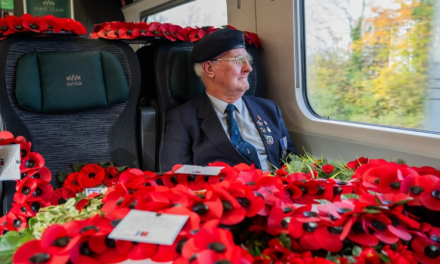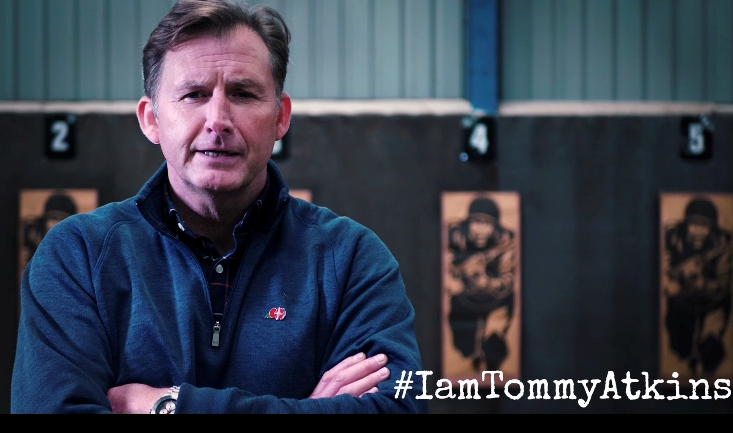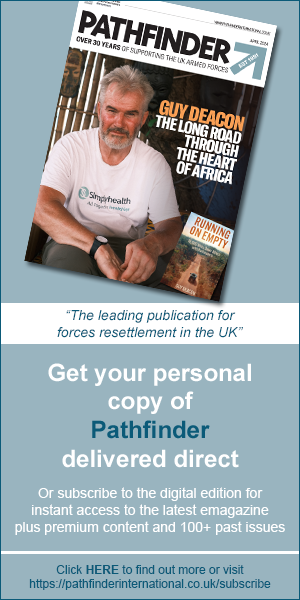Scotland has some of the UK’s better support systems for meeting the mental health needs of veterans a new review finds…
The review makes 16 key recommendations that could help further strengthen the nation’s strategy to meet the complex needs of veterans and their family members.
The report, entitled ‘Call to Mind: A Framework for Action’, highlights that while Scotland has one of the most robust mental and related health support structures for veterans in the UK, there are gaps in provision and specific areas where further improvements could be made. The overall aim of the report is to review the mental health and related health needs of veterans and their families in Scotland, and to consider opportunities for further development.
Key areas highlighted in the report include appropriately targeting and maximizing existing resources in order to support veterans and their families and carers, particularly those who are most in need. Scotland should continue to focus on developing a ‘mixed economy’ of service provision (and avoid switching to a ‘one size fits all’ model), which is based on local need and ease of access to services and caters both to those living in remote rural locations as well as to those in urban areas.
There is also a need for greater collaborative partnerships to improve efficiency and effectiveness between the statutory and voluntary sectors; the same can also be said for within the voluntary sector itself, in order to ensure that those with multiple complex issues, including mental health, alcohol and those engaged with the criminal just system, are met.
The report is based on a range of qualitative research with 37 stakeholders from 24 statutory and voluntary/third sector organizations and veterans, as well as reviews of key documents including relevant national policies and strategies, Scottish Health and Social Care Partnership Strategic Plans, and existing research and evidence on veterans in Scotland and on their mental health and related health needs.
It captures stakeholder views on areas where improvement could be made and highlights opportunities for further development between the Scottish Government, NHS Health Boards and Integration Joint Boards, specialist statutory and voluntary sector service providers, and veterans.
A few examples of suggested improvements include:
- More research on the emotional and support needs of the families of veterans
- Increasing awareness and understanding of the local systems and provision of safeguarding children to ensure families and children have access to any help they need, when they need it
- A more strategic and coordinated partnership approach to supporting veterans with the most complex needs
- Improving access to information for veterans to help overcome difficulties in navigating between numerous websites to find the information they need
- Refreshing Health Boards’ understanding and application of The Armed Forces Covenant and the needs of the veterans to address inconsistencies in services and manage veteran expectation
- Improving monitoring around the standards and quality of veteran’s mental health services.
The Scottish report, which was conducted between March and June 2016, is part of a wider one-year review covering each of the three devolved nations. It was commissioned by the Forces in Mind Trust (FiMT) and conducted by Community Innovations Enterprise to build on a similar and well-received review carried out in England in 2015. The end result will be the first comprehensive review of the degree to which the mental and related health needs of UK veterans and their family members are assessed and supported throughout the UK.
Ray Lock CBE, Chief Executive of FiMT, says: “Scotland has thriving specialist statutory and voluntary sectors which have been well supported by the Scottish Government. Much effort and investment have been put into these support systems over the years, but this report highlights the opportunities for further development and improvement that will ensure Scotland builds on its enviable reputation in this area.”
Dr Jon Bashford, who led the research for Community Innovations Enterprise, says: “Scotland has an excellent national service model for helping veterans with mental health problems and there is much that can be learned from this for the UK as a whole. There are also new opportunities in Scotland to strengthen this model and in particular to provide more help for the families of veterans who themselves may have mental health problems but who are also a key support for veterans.”

















